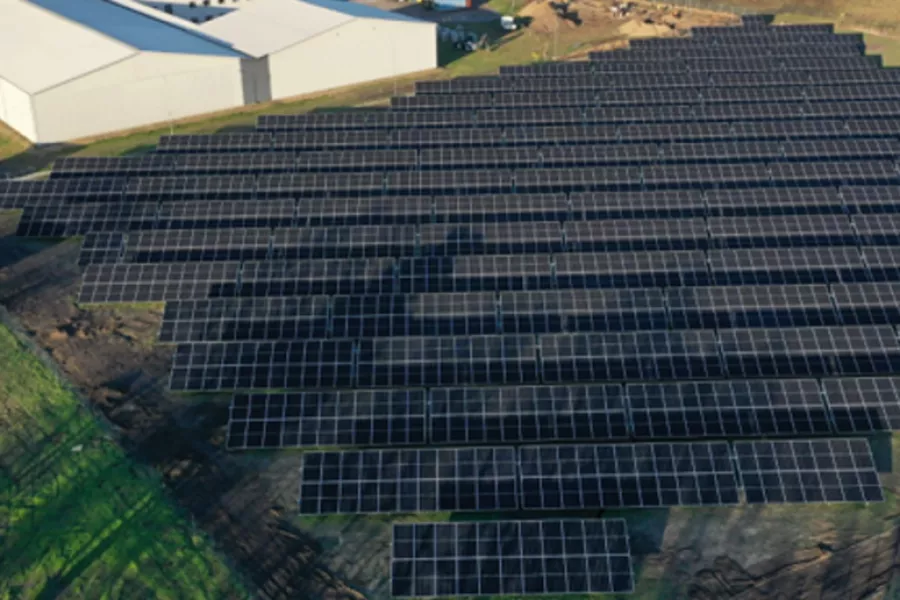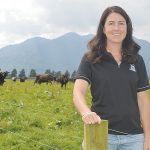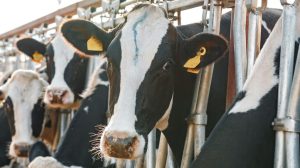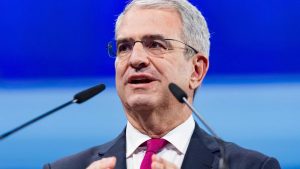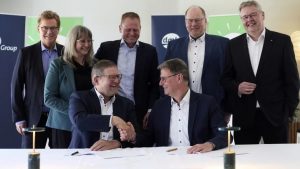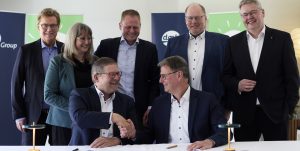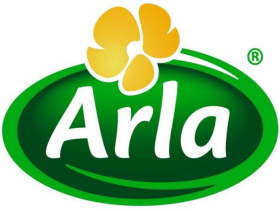
The Danish-Swedish multinational cooperative says this will allow it to secure business continuity in an area with frequent power cuts while creating a renewable energy source in an energy grid with an otherwise high carbon factor.
The new solar power plant will meet about 85% of the site’s total energy requirements and will have the ability to store an additional 2.6 MWh in a battery.
Power Cuts And Dropouts
Arla Foods says the investment will also be able to partly power the site at night.
Power cuts and dropouts have been reoccurring obstacles for the 98 employees working at Arla Foods’ repackaging site in Poland.
Already a challenge to business continuity, Arla Foods noted that the war in Ukraine and subsequent shortage in energy supply have only highlighted the need for a better and more sustainable solution.
Reducing Emissions
The company added that even if there was a way to secure a more stable supply of electricity from the Polish energy grid, the wattage running through the power cables wouldn’t have a positive impact on carbon emissions.
The Polish energy grid relies on coal and with 1.02 tonnes CO2e per MW produced, the carbon factor is significantly higher than other European markets Arla Foods has operations in.
By installing its own solar power plant, Arla claims it is able to reduce emissions by 1,645 tonnes per year.
‘The Extra Mile’
“At Arla Foods, we want to lead in sustainable dairy. That also means, that if there isn’t a sustainable solution in place, we will go the extra mile and create our own and that is exactly what we have done in Tychowo,” said David Boulanger, executive vice president and head of supply chain.
“Even if it’s not one of our biggest sites in terms of energy consumption, it shows that we put action behind our words when it comes to improving our operations and use 100 per cent renewable electricity in Europe by the end of 2025,” Boulanger added.
